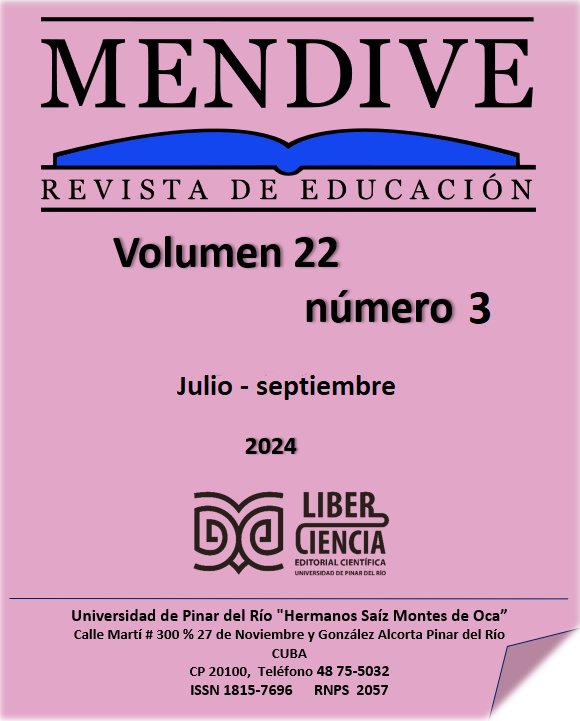Teachers and the state of Honduras: between protests and agreements (1997-2009)
Main Article Content
Abstract
The history of Honduran education has significant works, which have been produced at different historical moments and which have been accompanied by protests and pacts by teachers. The objective is to highlight the history of the asymmetry of the Honduran teachers' union with the state of Honduras, between the end of the 1990s and the first decade of this century; likewise, in the specificity, to highlight the protests and pacts of the parties. The importance of the subject lies in unraveling the forms of protest and the negotiations initiated by teachers in relation to state actions. It was necessary to carry out a document and content analysis review of the bibliographic and newspaper sources that address the subject. It is noted that teachers have been a belligerent union in the history of Honduras, since they have put governments in difficulty with different pressure measures such as protests and negotiation frameworks. These actions have been what have led to pressure and to ensure that the teachers' struggle does not remain in their trenches, but that the union has identified this commitment to Honduran society.
Downloads
Article Details

This work is licensed under a Creative Commons Attribution-NonCommercial 4.0 International License.
References
Fernández, M. (2006). Honduras. Cronología de mayo-agosto de 2006. Revista del OSAL(20), 249-255.
Funez, C. A. (2011). Las luchas magisterio en defensa de la educación y el estatuto del docente. Revista Centroamericana de Teoría, Política, Economìa e Historia(10), 5-29.
Girón, F. P., Sorto, R., Agurcia, M., Rubio, K., y Macías, F. (2013). Renacer docente. Cincuentenario del COLPROSUMAH. Tegucigalpa, Impresos Gráficos Sánchez.
Lisky, M. (1968). Protest as a Political Resource. The American Political Science Review, 62(4), 1144-1158. https://www.jstor.org/stable/1953909
McAdam, D., Tarrow, S., & Tilly, C. (2001). Dynamics of contention, Cambridge University Press.
Miralda, J. (2010). Crónicas del golpe de Estado en Honduras. Tegucigalpa.
Moreno, I. (2004). Conflicto magisterial: crónica de un proceso inconcluso. Revista Envío,270. https://www.envio.org.ni/articulo/2471
Pérez, R. (14 de Enero de 2005). Gobierno de Cantabria. Obtenido de http://www.educantabria.es/docs/Digitales/Bachiller/LECTURAS_DIGITAL/Docs/HABERMAS/ppt /PPT7_hanna_arendt.ppt
Posas, M. (2003). Sindicalismo y gobierno. Una agenda para el diálogo en torno a la reforma educativa. El caso de Honduras. Tegucigalpa: Universidad Nacional Autónoma de Honduras. https://repositorioslatinoamericanos.uchile.cl/handle/2250/2677977
Reconciliación, C. D. (2011). Cronología de la administración José Manuel Zelaya. Periodo de 27 de enero de 2006 al 25 de enero de 2009. Tegucigalpa, CVR.
Turner, V. (1969). The Ritual Process. Structure and Anti-Structure. Brunswick and London: Aldine Transaction. https://books.google.com.cu/books/about/The_Ritual_Process.html?id=gaVwAAAAQBAJ&redir_esc=y


